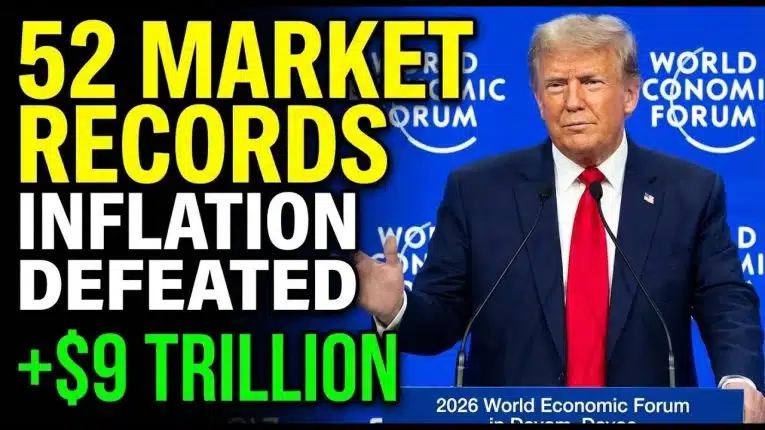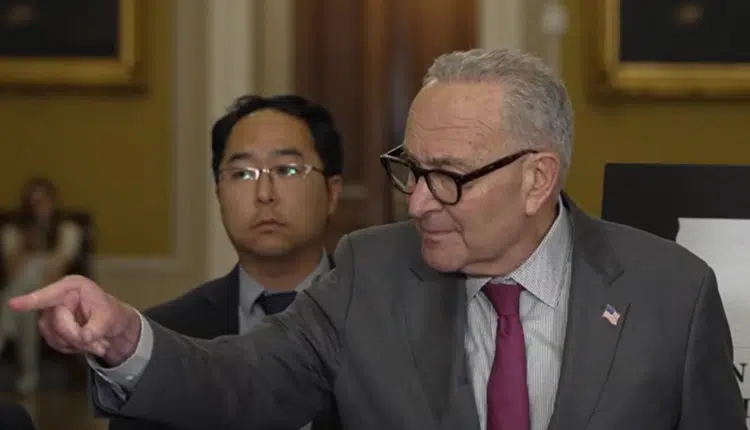By John Vinci — What outcry would there be if it were learned that just prior to Super Bowl XLV members of the Pittsburgh Steelers purchased stock in their publicly traded opponent’s team, the Green Bay Packers?
What about congressmen who purchase stock in companies, while debating and voting on legislation that will materially impact the value of those stocks?
Martha Stewart went to prison for selling stocks based on nonpublic information. Should members of Congress also go to prison who trade stocks based on inside knowledge of the effects of impending federal legislation and which way Congress will vote?
When big government takes control of the marketplace both are corrupted. Obamacare is a prime example of this rule.
As virtually everyone knows, the primary purpose of Obamacare is to transfer marketplace powers to the federal government. In a market-based system, healthcare companies have to compete for their share of the market. But under Obamacare’s big-government system, healthcare providers can bypass some of this competition by lobbying to get government waivers and approvals for their products and services. [1]
In his new book, Throw Them All Out: How Politicians and their Friends Get Rich Off Insider Stock Tips, Land Deals, and Cronyism that would Send the Rest of us to Prison, Peter Schweizer demonstrates the dangers of government control of healthcare from a different angle—the motivations of the congressmen who voted for it.
Schweizer reveals active trading by congressmen of healthcare stocks in the middle of the debate over Obamacare.
In the weeks before the House of Representatives passed Obamacare on October 27, 2009 Sen. John Kerry (D-MA), Sen. Jim Webb (D-VA), and Rep. Vern Buchanan (R-FL) all purchased stock in Teva Pharmaceuticals—each at around $50 a share.[2] After passage of the bill, Teva’s stocks surged to $62 per share in 2010 as “big pharma” is sure to benefit from the new law.[3]
Buchanan actually vote against Obamacare, but Schweizer denounces him anyway, equating Buchanan’s actions with voting against the bill yet, with his money, “bet[ting” that the bill would eventually get to Obama’s desk.”[4] Later Schweizer says
We despise professional athletes who bet on their own games. Why don’t we feel the same way about politicians who bet on the outcome of legislation? The stakes are surely higher.[5]
Rep. Jim Polis (D-CO) invested between $7 million and $35 million in BridgeHealth during the months Congress was considering Obamacare. BridgeHealth is a firm that specializes in “medical tourism” by helping its clients find affordable healthcare alternatives around the world. In effect, Polis was betting millions of dollars that Obamacare would force Americans to seek less expensive options beyond our borders all-the-while promoting Obamacare in key congressional committees.
Polis also invested hundreds of thousands of dollars in biotech pharmaceutical companies. What’s particularly troubling about these purchases is that they were made while Obamacare was still being considered by Congress and Obamacare has two provisions that are very favorable for biotech firms. First, Obamacare gives “a 50% credit for investments in biotech pharmaceutical research.”[6] More significantly, Obamacare lengthens the period that biotech companies can sell their drugs without the competition of generic brands. [7]
Regardless of the wisdom of such policies, it’s a huge conflict of interest for congressmen who are making markets for or against companies to then invest in those affected companies.
In a world where people worry about a $5,000 political action committee contributor gaining extra benefits for their contribution, the real scandal is this unseemly use of their government power to enrich themselves and those around them.
We will probably never know how much Polis made on his investments in biotech, Schweizer tells us, as Polis in January 2010 conveniently hid these investments in a blind trust—which is exempt from congressional reporting requirements.[8]
In his book, Schweizer also details the health care investments of former representatives John Tanner (D-TN) and Melissa Bean (D-IL) as well as current Senator Tom Carper (D-DE), all of which paralleled congressional debates on Obamacare.
While Schweizer makes no allegations that any of these actions were illegal, he leaves no doubt that they are at the very least unethical.
One wonders what Martha Stewart would say.
John Vinci is a staff attorney with Americans for Limited Government and is the editor in chief for the www.obamacarewatcher.org website
[1] http://obamacarewatcher.org/articles/220.
[2] Peter Schweizer, Throw them all out: How Politicians and their Friends Get Rich Off Insider Stock Tips, Land Deals, and Cronyism that would Send the Rest of us to Prison 5-7 (2011).
[3] Id. 5-6.
[4] Id. 6.
[5] Id. 22.
[6] Id. 10.
[7] Id. 10-11.
[8] Id. 11-12.






